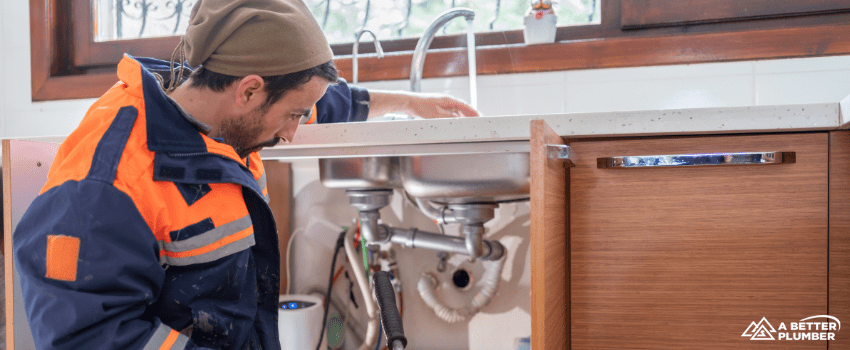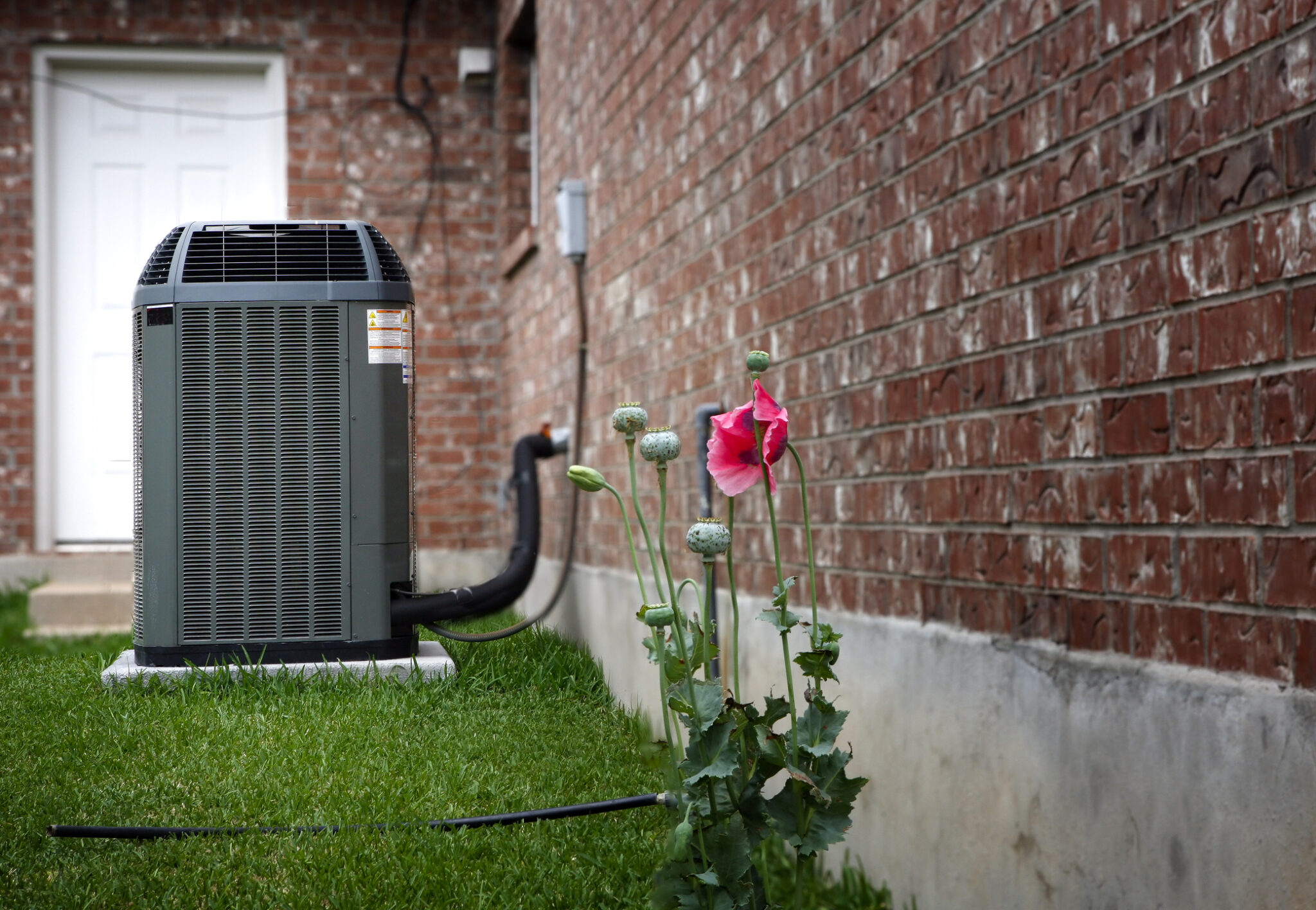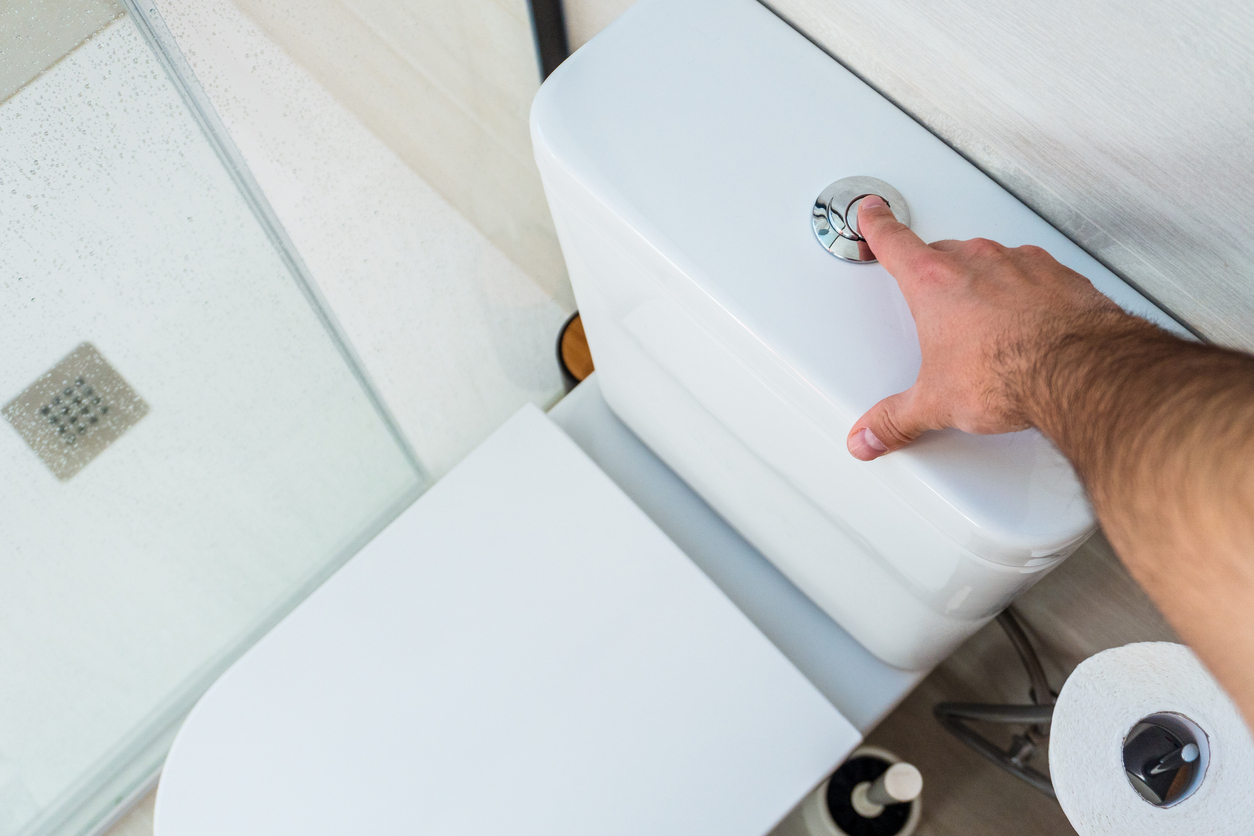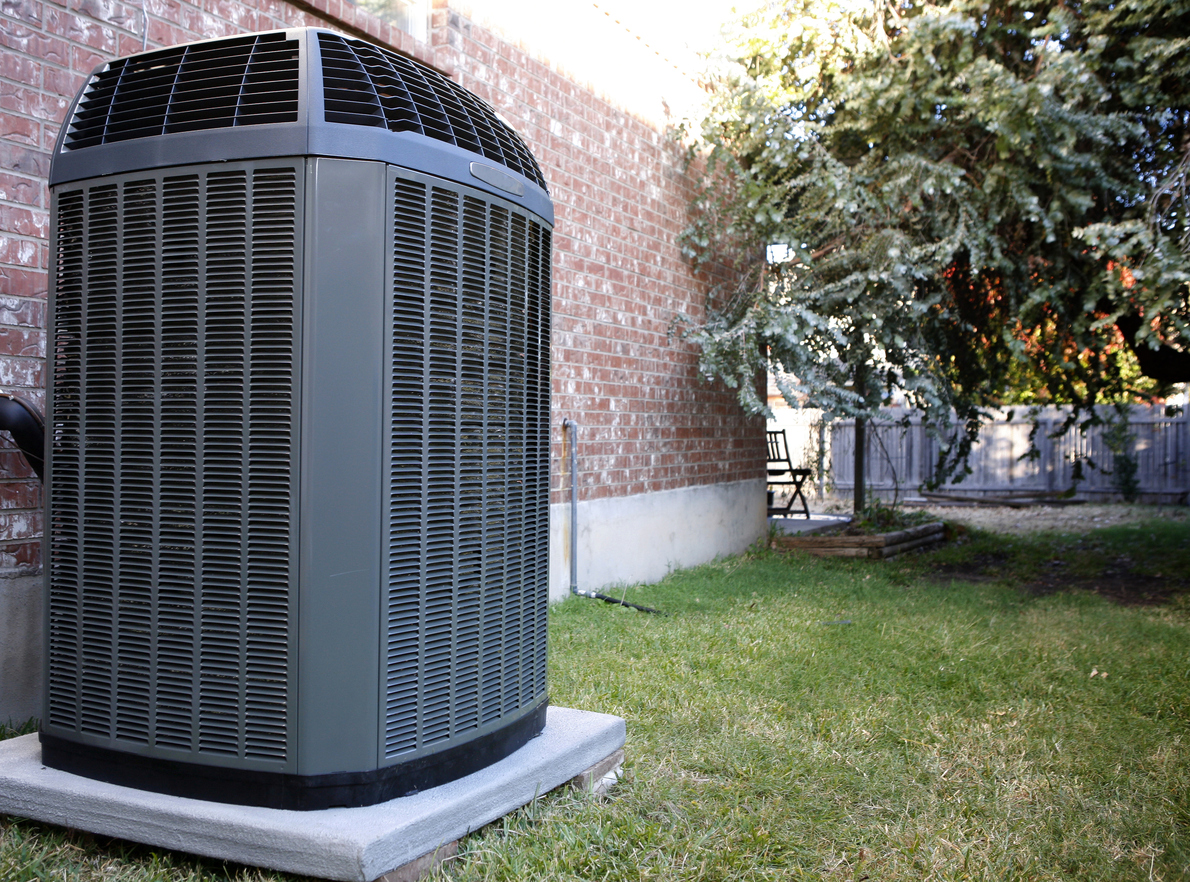Dealing with a Clogged House Drain: Causes and Remedies

Table of Contents
- Where do most drain clogs occur?
- What is the number one cause of clogged drains?
- Signs of a Clogged House Drain
- How do I know where my drain is clogged?
- Effective Remedies for a Clogged House Drain
- Key Takeaway
- Trust the professionals at Absolute Electrical Heating and Air to address your drainage woes.
Nothing can be more frustrating than a clogged house drain. It’s a plumbing problem that disrupts your daily routine and, if not addressed promptly, can lead to more significant issues like sewage backups and pipe damage.
To deal with this headache effectively, it’s essential to understand the common causes of clogged drains, know which household drains are prone to such problems, and be familiar with the telltale signs of clogs. This way, you can take the necessary precautions and avoid aggravating the situation.
Where do most drain clogs occur?
Household drain blockages and clogs can occur in various parts of your house, but the most common culprits are the bathroom and kitchen drains. In the bathroom, clogs often happen in the shower, bathtub, and sink drains due to the accumulation of hair, soap scum, and foreign objects. On the other hand, kitchen clogs are typically caused by grease, food particles, and oil pouring down the sink.
What is the number one cause of clogged drains?
The number one cause of clogged drains is the accumulation of debris, such as hair, soap residues, and food particles. When these substances go down household drains, they can get trapped in the pipes, gradually building up and restricting the water flow.
Signs of a Clogged House Drain
If you’ve experienced a clogged house drain before, you know the inconvenience it brings. But how do you identify whether you’re dealing with another clog? Here are a few warning signs:
1. Slow Drainage
If water takes longer to drain than usual, this is a typical red flag for a clogged drain. This can happen to a bathroom, kitchen, or any other household drain.
2. Backups and Overflows
Backups of water or sewage in your fixtures, such as toilets, sinks, or tubs, are strong indicators of a clogged drainage system.
3. Strange Noises
Drains with gurgling sounds when you use water in other parts of your home can suggest a clog. This noise can be caused by the trapped air in the pipes trying to escape by forcing its way through the obstruction.
4. Unpleasant Odors
Foul smells emanating from household drains are possible signs of a clog. These odors occur because the trapped debris in the pipes starts to decompose and produces a stench.
How do I know where my drain is clogged?
Identifying a house drain clog’s specific location can be tricky. Still, a few indicators can help:
- Only one fixture is affected. If a clog is limited to a single sink, toilet, or shower, the problem is likely in that fixture’s drain. But if multiple fixtures are clogged, it suggests a blockage in a main drain or sewer line.
- There are Issues with different fixtures on the same floor. When household drains from other fixtures on the same floor are clogged, it’s often due to a blockage in a shared branch drain.
- Clogged drains are causing backups. If you have a clogged toilet, trying to use other fixtures, like sinks or tubs, will cause the water to back up. This is a symptom of a blockage in the main drain or sewer line.
- There are slow drains in different parts of the house. When you have slow drains in various areas, it typically indicates a clog in the main drain or sewer line.
Effective Remedies for a Clogged House Drain
You can tackle a clogged house drain with the following solutions:
1. Boiling Method
You can use boiling water to dissolve clogged drains caused by grease or soap scum. Alternatively, combine baking soda and vinegar to create a foam-producing natural solution that clears blockages.
It’s always best to first consult a trusted plumbing technician before tackling any clogged household drains to prevent causing pipe damage and harming the environment.
2. Regular Drain Maintenance
Prevention is always better than dealing with a clog when it happens. Avoid future plumbing problems by practicing regular drain maintenance. This includes using drain guards to catch hair and other debris, avoiding pouring grease and oil down the sink, and periodically flushing your drains with hot water to clear any buildup.
4. Professional Assistance
When you’ve tried all at-home remedies for a clogged drain and the problem still persists, it’s time to wave the white flag and call for professional help. They have the right tools and expertise to tackle even the most stubborn clogs.
Key Takeaway
A clogged house drain can be a source of significant inconvenience, potentially leading to more extensive plumbing problems if not promptly addressed. Beyond the immediate remedies discussed, it’s worth emphasizing the importance of proactive prevention.
Regular drain maintenance can significantly reduce the likelihood of clogs. In the same way, employing professional drain cleaning services from trusted plumbers ensures that the issue is resolved efficiently and with minimal risk to your plumbing.
Trust the professionals at Absolute Electrical Heating and Air to address your drainage woes.
When it comes to addressing stubborn drainage issues, you need the expertise of professionals who understand the unique challenges of your plumbing system. At Absolute Electrical Heating and Air, we’re the most reliable drain cleaner in Colorado Springs, and you can trust us to eridicate all of your plumbing issues.
Say goodbye to DIY struggles and entrust your plumbing needs to us. Contact Absolute Electrical Heating and Air today for reliable solutions to keep your drains flowing smoothly.
CONTACT US
Request Service


Save Every Year with an Absolute Advantage Membership
Expert Annual System Safety Inspections & More
- Priority service
- Waived dispatch fees
- Yearly furnace, A/C, & electrical system inspections
- 10% discount on repairs and additional diagnostic services
- Up to $500 off HVAC & electrical panel replacements







